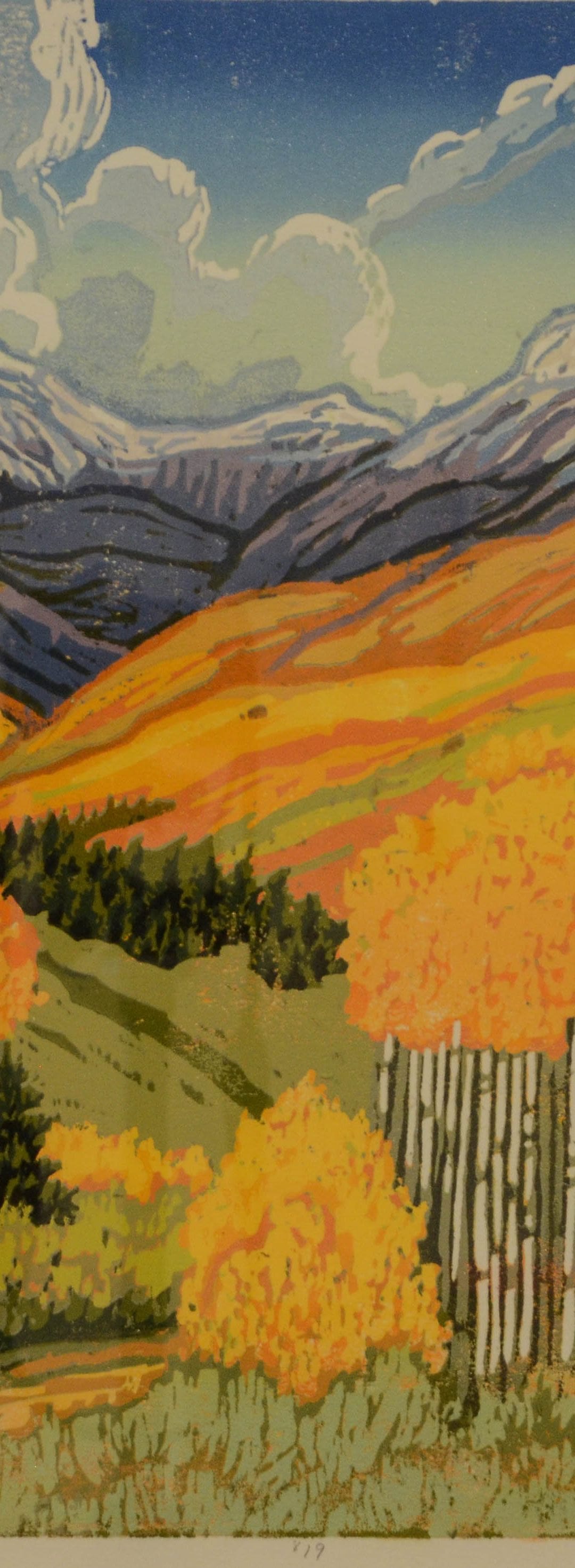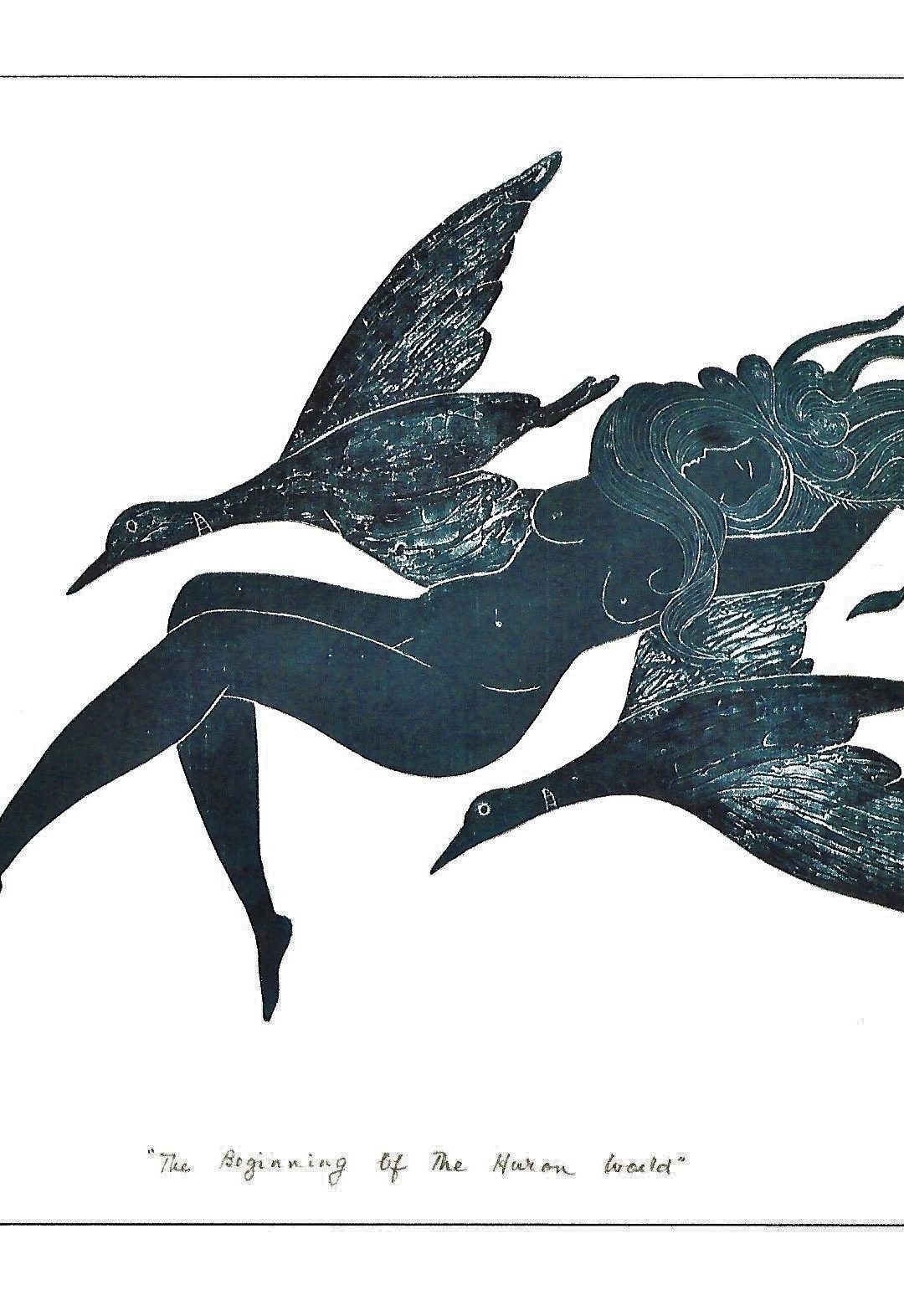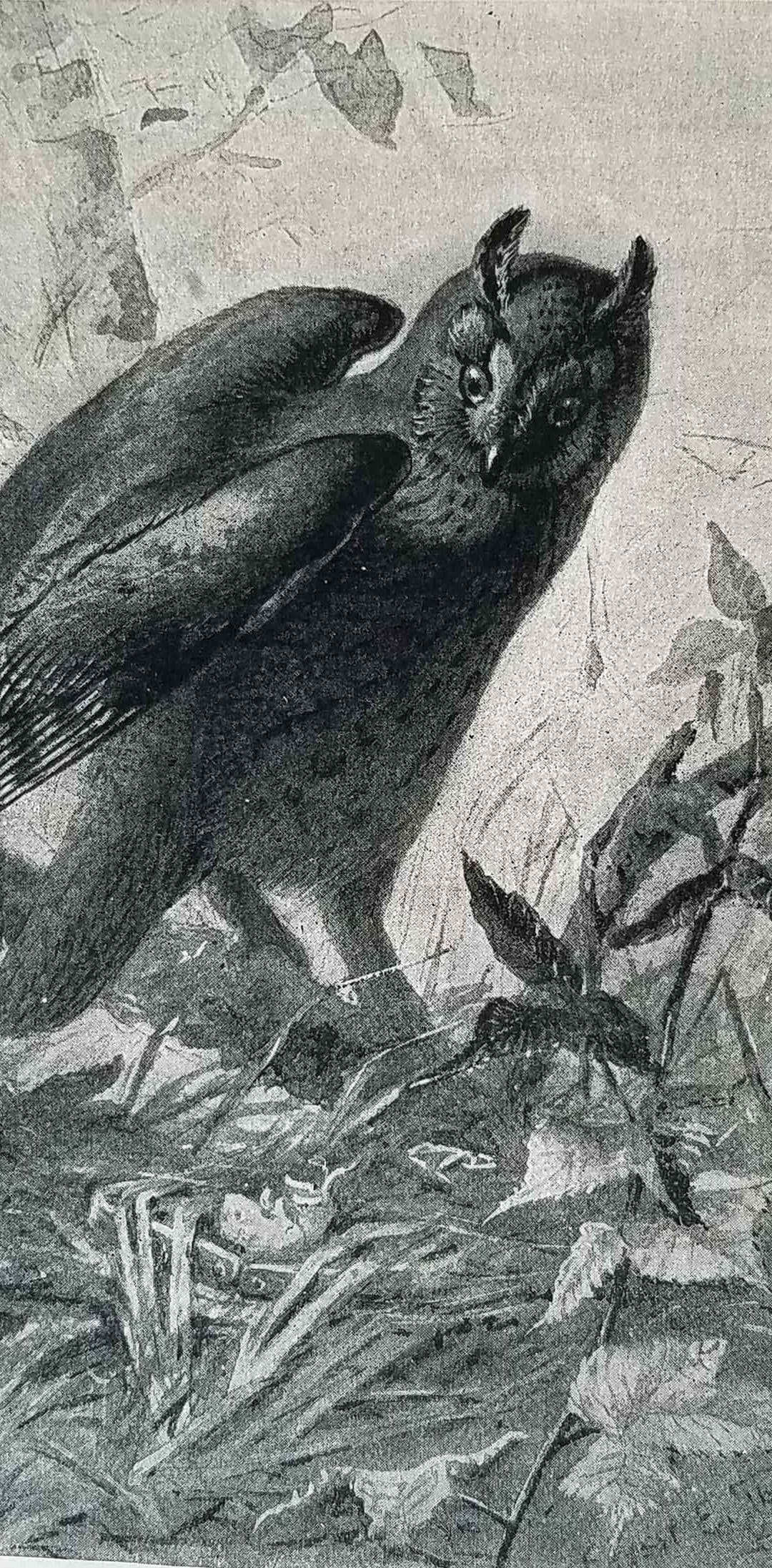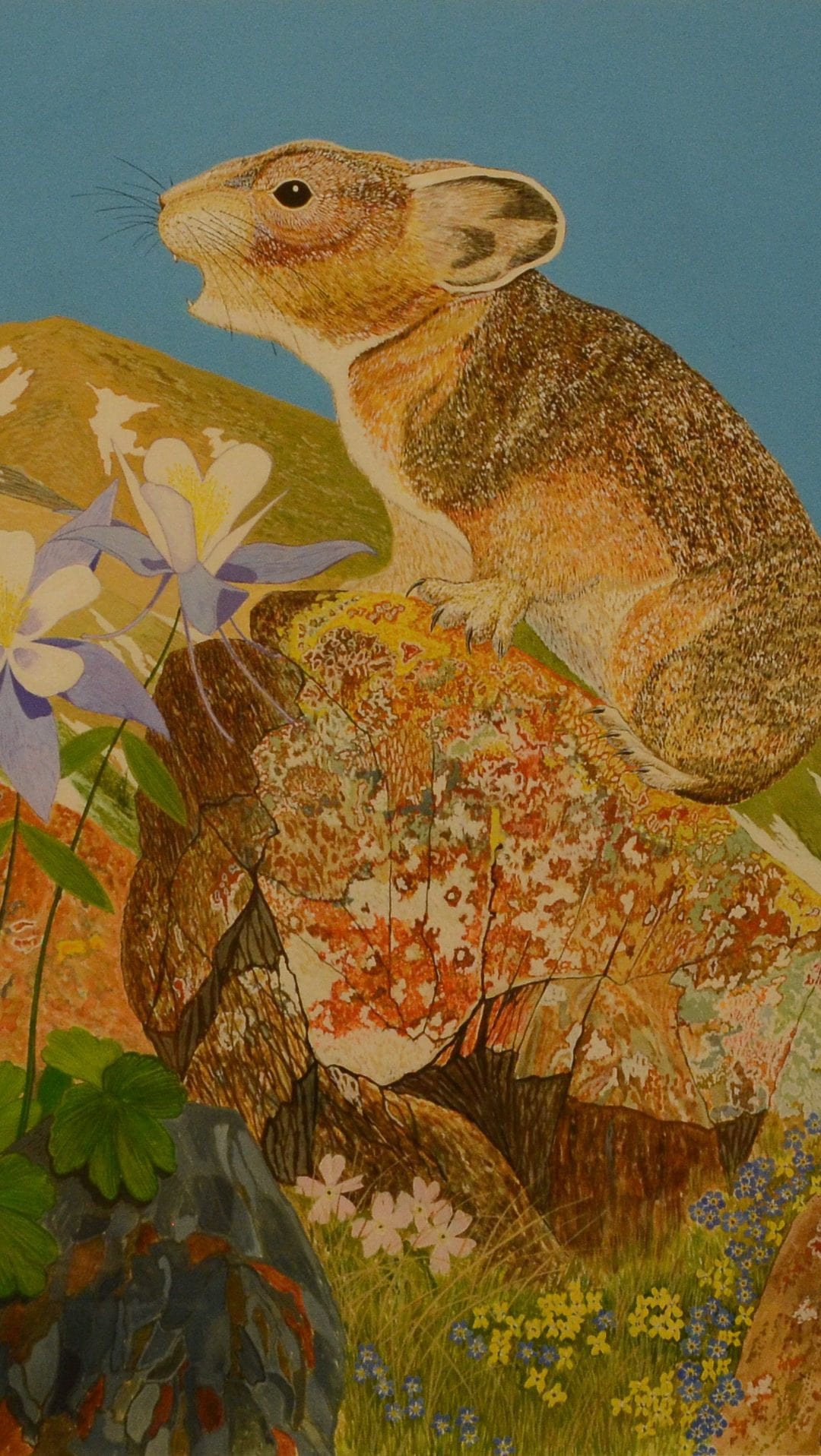
by David L. Witt | Dec 24, 2019 | Gallery, More Beautiful and Amazing
“More Beautiful and Amazing” Seton Gallery exhibition 2019-2020 Angie, who is one of the premier printmakers of Taos, has been hiking the trails of northern New Mexico and southern Colorado (and probably elsewhere) for decades. Occasionally I see her walking the...

by David L. Witt | Dec 19, 2019 | Guest Writers
Sharing the Orchard Marita Prandoni, Farm to Table Chef After a wet spring and an above-average monsoon season, the Academy green spaces this past summer were lush as ever. The orchard on the east side, in particular, has received many winged and four-legged visitors...

by David L. Witt | Dec 17, 2019 | Gallery, More Beautiful and Amazing
“More Beautiful and Amazing” Seton Gallery exhibition 2019-2020 I visited Mukta’s Taos studio to choose these prints for the Academy for the Love of Learning “More Beautiful and Amazing” exhibition. Her words follow below, followed by the Seton comments. In this...

by David L. Witt | Dec 13, 2019 | Seton Essays
In December 1893, while chasing Lobo in New Mexico, Our Animal Friends magazine printed Seton’s article about the Long-eared owl. [One year’s subscription for $1.00, “payable strictly in advance,” or 10 cents per copy.] Since it included his finished illustration of...

by David L. Witt | Dec 11, 2019 | Gallery, More Beautiful and Amazing
“More Beautiful and Amazing” Seton Gallery exhibition 2019-2020 I invited Bob Hare to show a gouache on paper in the 2019-2020 exhibition at the Academy for the Love of Learning, “More Beautiful and Amazing.” I have included his words directly below, followed with a...






